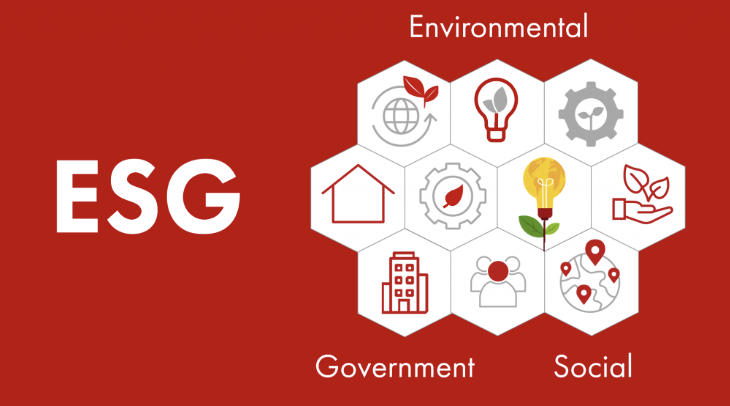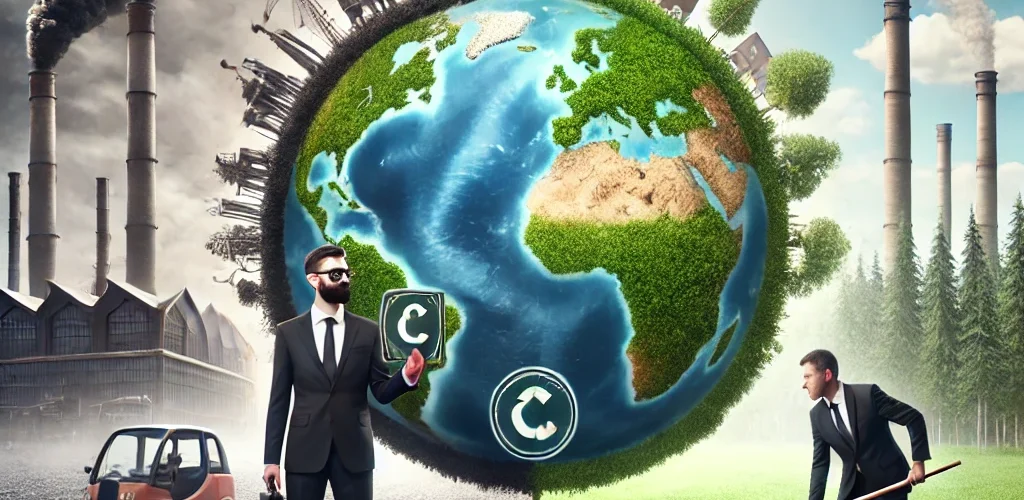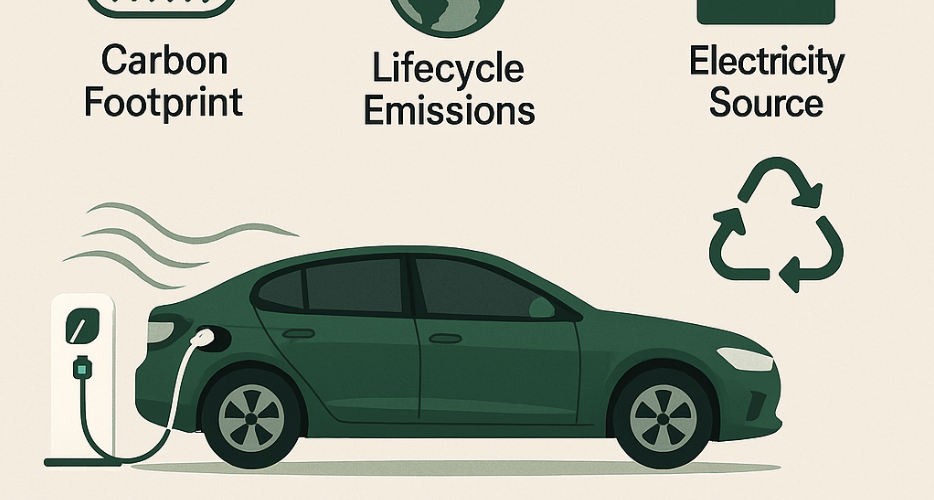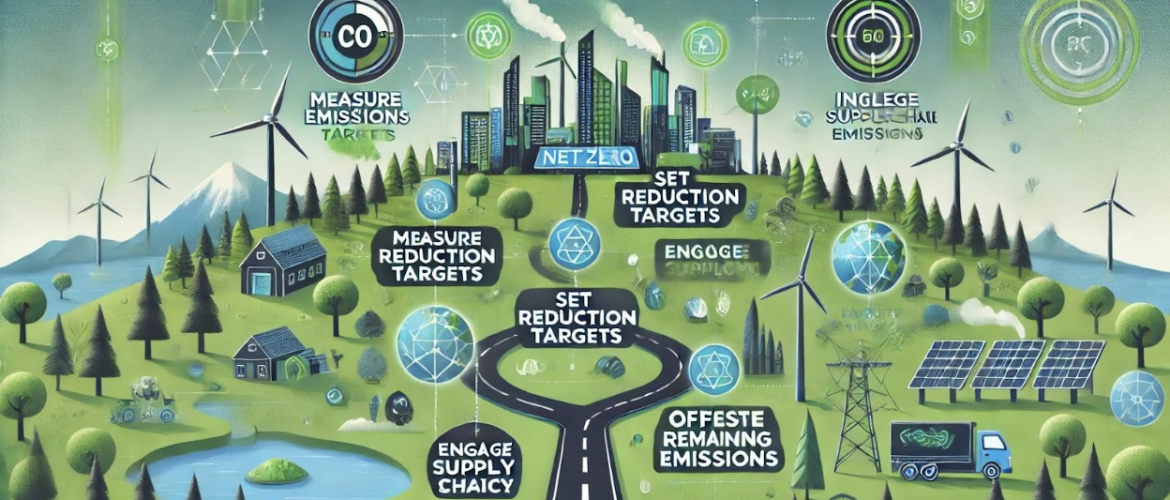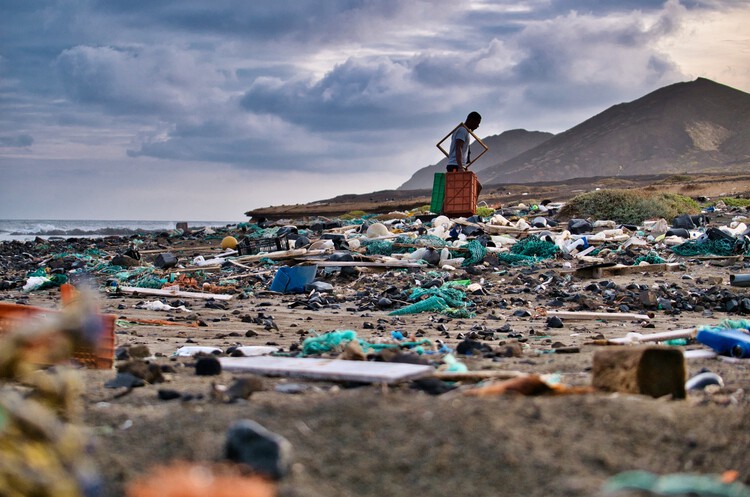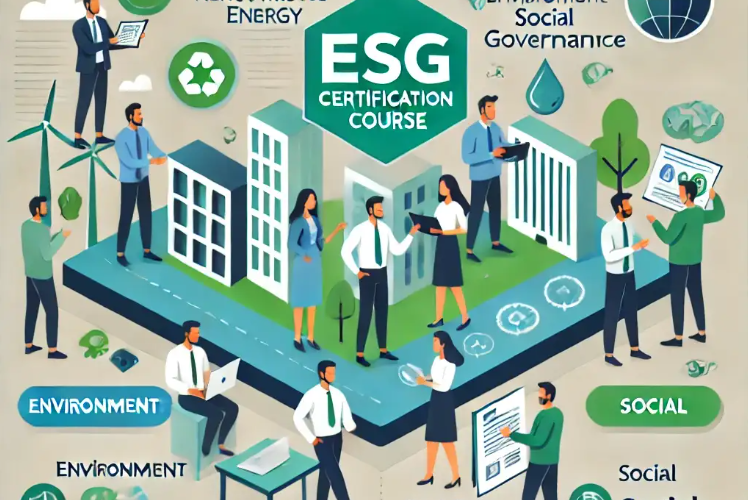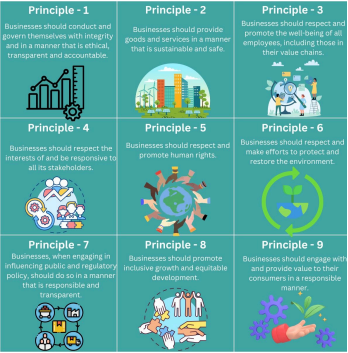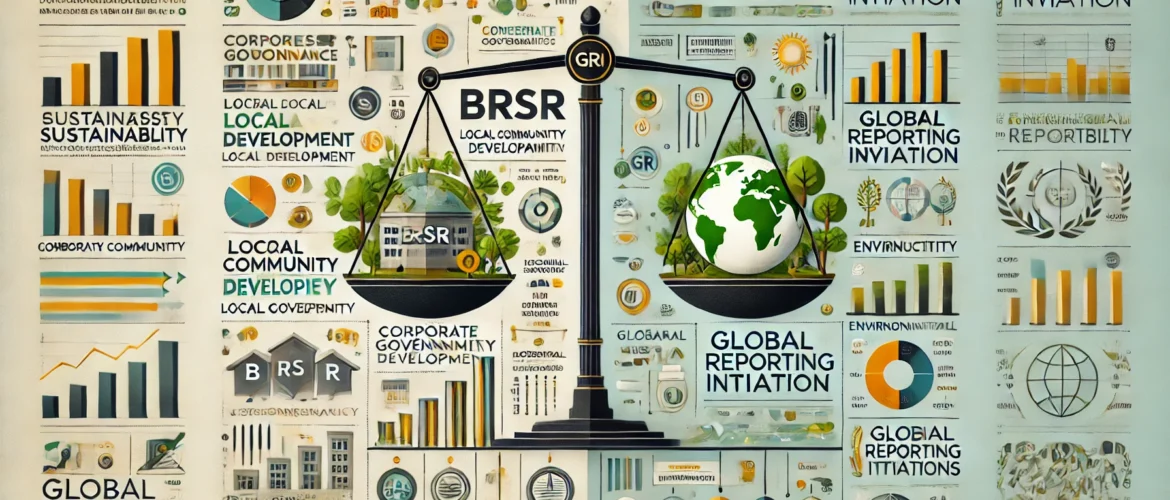Why ESG Is Not Optional Anymore: The Industrial Sector’s Role in India’s Green Goals Introduction In an era defined by climate urgency and stakeholder activism, Environmental, Social, and Governance (ESG) is no longer a corporate buzzword—it’s a business imperative. For India, a nation with ambitious net-zero goals by 2070, the industrial sector’s participation in ESG adoption is critical. With growing regulatory pressures and investor expectations, embracing ESG is not optional anymore—especially for
Carbon Markets: Trading Solutions or Just Greenwashing? In an era of heightened awareness about climate change, carbon markets have emerged as a potential solution for reducing global emissions. But as the urgency to combat climate change increases, questions arise about the true effectiveness of these markets. Are carbon markets a legitimate trading solution that can help us meet our net-zero targets, or are they just another form of greenwashing, allowing companies to appear sustainable without making real changes? In
Are EVs Truly Zero Emission? Unpacking Their Full Environmental Impact Electric vehicles (EVs) have emerged as a cornerstone of the global shift toward clean transportation. Marketed as “zero-emission” alternatives to gasoline-powered cars, EVs have gained traction for their potential to combat climate change. However, the reality is more nuanced. While they produce no tailpipe emissions, the entire lifecycle of an EV—from raw material extraction to manufacturing, energy consumption, and disposal—reveals a broader environmental footprint. To understand the true impact
Path to Net Zero: How Businesses Can Achieve Carbon Neutrality In today’s world, where climate change is no longer a distant concern, businesses are increasingly being called upon to reduce their environmental impact. The concept of “net zero” or carbon neutrality is quickly becoming a key focus, not just for governments, but for the private sector as well. Achieving carbon neutrality is critical not only for the environment but also for businesses aiming to remain competitive, sustainable, and in
Climate Chaos: Adapting to the New Business Normal The world is facing an era of unprecedented climate instability. From extreme weather events to supply chain disruptions, businesses are no longer just observers of climate change—they are on the front lines. Companies that fail to adapt risk financial instability, operational challenges, and repetitional damage. The new business normal is one where sustainability and resilience must be embedded into every decision. The Reality of Climate Chaos Rising global temperatures, erratic weather
What Are Zero Emissions and why it matters Zero emissions refer to the complete elimination of greenhouse gas emissions, particularly carbon dioxide (CO2), from human activities. This means that no harmful pollutants are released into the atmosphere from energy production, transportation, manufacturing, or other industrial processes. Achieving zero emissions is essential to mitigating the impacts of global warming and protecting ecosystems. The primary driver behind zero emissions is the urgent need to curb climate change. Rising global temperatures
Biodegradable: Plastics & Innovative Waste Solutions Biodegradable: Plastic waste has become a major environmental issue. The planet faces increasing challenges with plastic pollution, especially in oceans and landfills. Innovative plastic waste management solutions are critical to achieving a sustainable future. This blog explores cutting-edge technologies and practices that can reduce plastic waste and its impact on the environment. Biodegradable: The Growing Need for Plastic Waste Management Plastic waste has rapidly increased in recent decades. The convenience and affordability of plastic products are
The Role of ESG in Shaping the Future Workforce: Why Students and Recent Graduates Should Care About Sustainability In a world increasingly driven by sustainability, Sustainability Reporting, Environmental, Social, and Governance (ESG) principles have emerged as a cornerstone for businesses and organizations striving for long-term success. For students and recent graduates, understanding and embracing ESG is not just a trend—it’s a career imperative. Here’s why ESG matters to the future workforce and how young professionals can prepare to thrive
In today’s competitive business landscape BRSR’s 9 Principles Help Your Business Stay Ahead, adopting sustainable and responsible practices is not just a moral obligation but a strategic advantage. The Business Responsibility and Sustainability Reporting (BRSR) framework, introduced by SEBI (Securities and Exchange Board of India), serves as a guide for companies to align their operations with sustainability goals. By focusing on environmental, social, and governance (ESG) aspects, BRSR helps businesses remain resilient, transparent, and competitive. What Is
BRSR vs. GRI: Sustainability reporting has become a cornerstone of corporate governance, driven by heightened global awareness and increasing regulatory requirements. Among the prominent frameworks, India’s Business Responsibility and Sustainability Reporting (BRSR) and the internationally recognized Global Reporting Initiative (GRI) stand out as comprehensive approaches to Environmental, Social, and Governance (ESG) disclosures. While both prioritize transparency and accountability, their methodologies, scopes, and impacts differ significantly, making it essential for businesses to understand their
- 1
- 2


